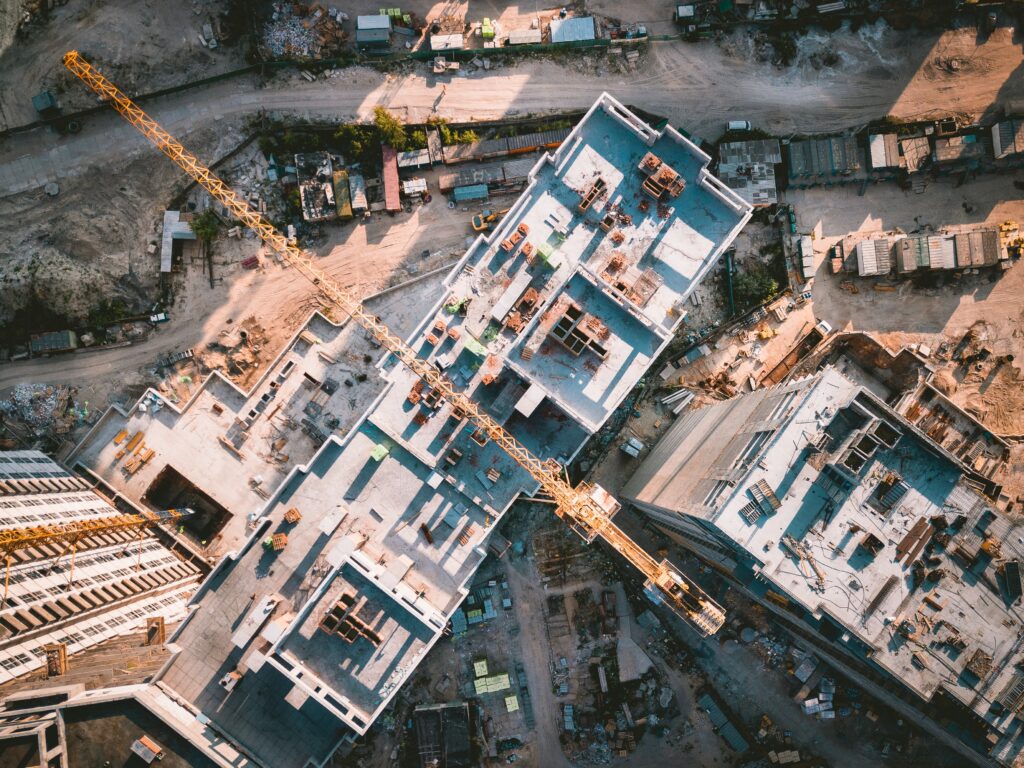The term ‘economic development’ includes an array of activities that contribute to the ability of an individual, firm, community, or region to build wealth. Significantly, economic development intersects with and is inherently tied to community development, where community development is the active empowerment and skill-building of individuals and groups to effect change. Policies intersecting with economic development include, for example, labor and workforce development, environmental and energy regulations, and education. Economic policies and programs impact individual and community well-being. For example, income generation is an individual’s means to procure access to food and housing – through rent or ownership of a home – where any income left over can be spent on leisure. In turn, home ownership benefits health outcomes, intergenerational wealth transfer, and family stability. At the core, these transactions build connectivity and cohesion between individuals in a region, growing a sense of community through economic activities (Benner and Pastor 2021).
In the Inland Empire, recent policy developments have focused on enhancing regional governance with collaboration, promoting developments that attract higher-salary-paying industry jobs, investing in regional competitiveness, and promoting greater economic inclusivity. As the economic landscape of the Inland Empire continues to grow and diversify, economic development and policies in the region will begin to significantly impact the region’s economic growth and the residents’ economic mobility and well-being. The Inland Empire is positioned well for many exciting economic opportunities. With smart and inclusive growth, the future of the Inland Empire (IE) could be one of growth and prosperity for all residents, especially those historically excluded from this space.

